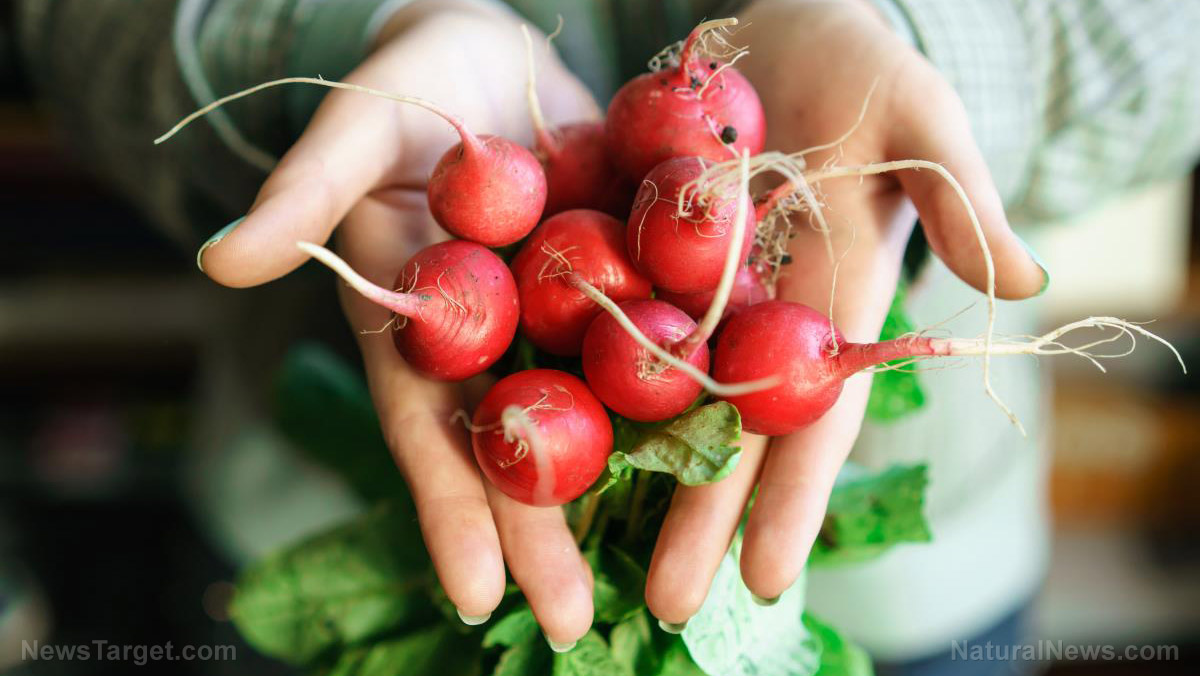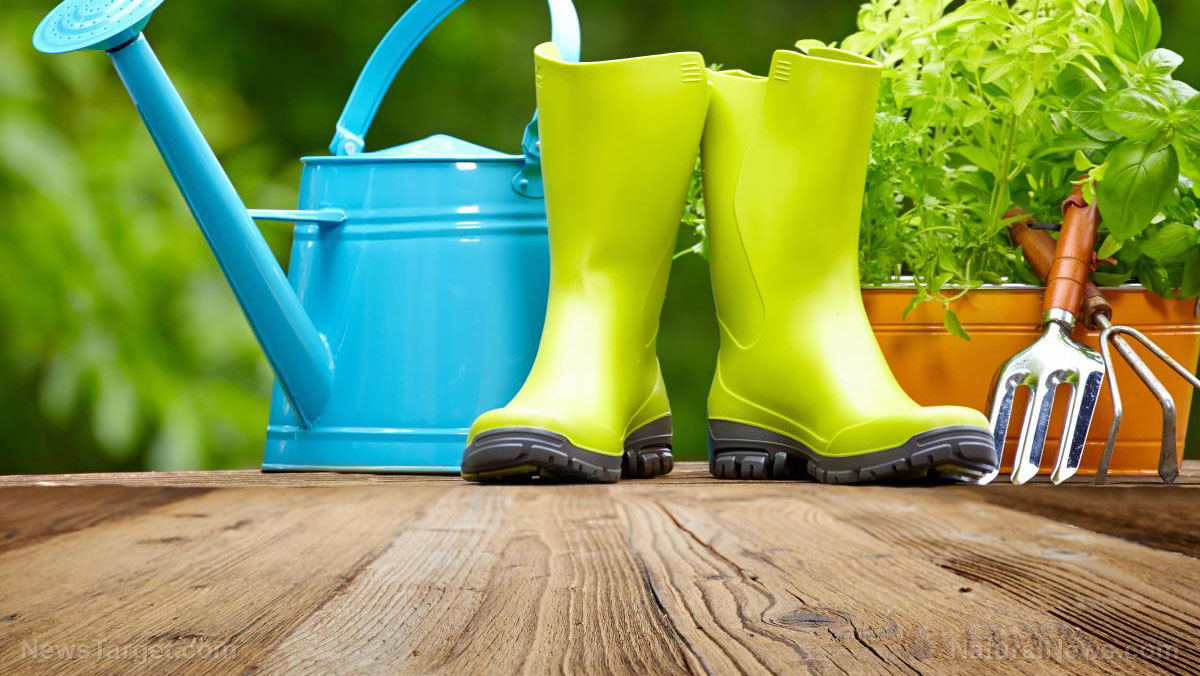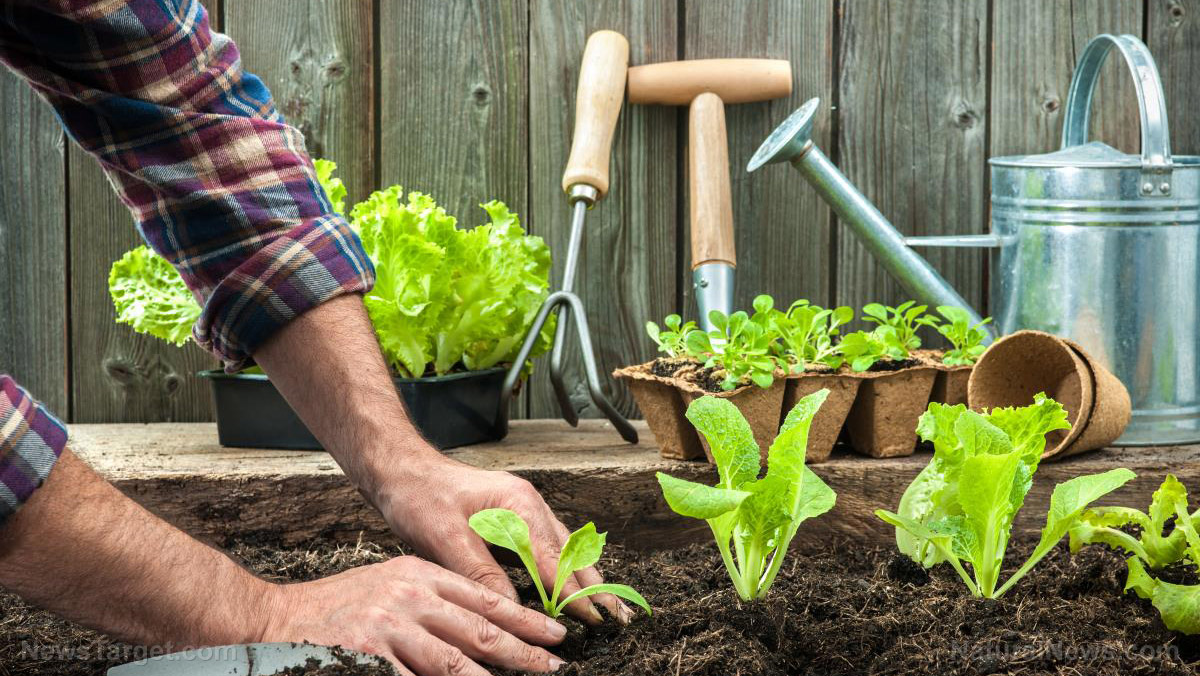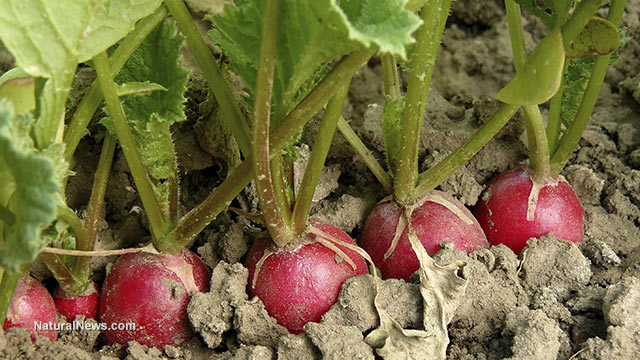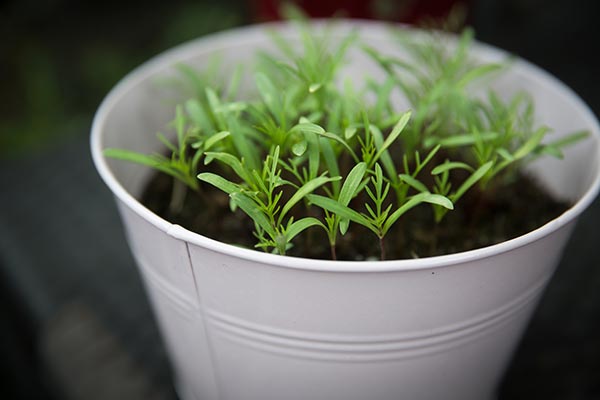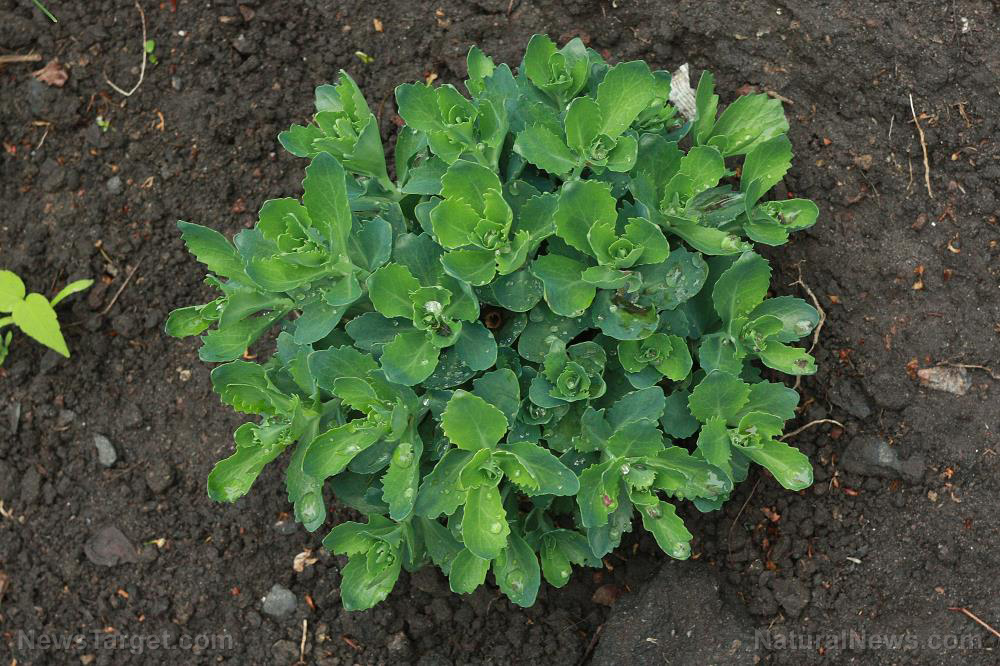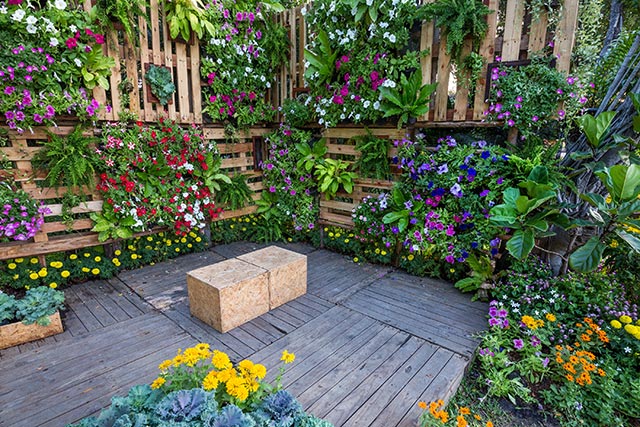
Preppers know that home gardening is a beneficial activity because it allows you to grow crops without any harmful pesticides. Becoming a home gardener also means you have access to food after SHTF. (h/t to FoodStorageMoms.com)
6 Reasons to start a home garden
Even if the world doesn't end tomorrow, below are six reasons to start growing fresh herbs, fruits and vegetables in your home garden.
It gives you access to organic and nutritious vegetables
Growing your own food is one of the best ways to avoid genetically modified organisms (GMOs) like corn, potatoes, or soybeans. Aside from being GMO-free, growing organic crops protects your family from the harmful side effects of pesticides often used on store-bought produce.
Having a vegetable garden also means you significantly shorten the process of getting produce to your table. When you buy food at the store, it's usually stuck through a long process of being harvested, shipped and distributed.
While fruits and vegetables sit in storage or on store shelves, they lose some of their nutritional value. Consuming produce in its rawest and freshest form means you eat fruits and vegetables at their most nutritious.
Here are some of the best crops to grow in your home garden if you're a beginner:
Vegetables
Fruits
- Apples
- Blackberries
- Gooseberries
- Raspberries
- Strawberries
If you live in an apartment, you can also grow smaller plants and various herbs in containers or buckets. Utilize the space you have and grow crops that you can use to make tasty and nutritious food for your family.
Cultivating a home garden keeps you active
Home gardening offers many benefits, but it's a task that requires some hard work. But that's fine, especially since gardening is one of the best ways to stay active.
Maintaining a home garden is more physically demanding than buying supplies at a grocery store, but studies show that gardening offers health benefits like improving your heart health and immune system response, relieving stress and decreasing heart rate, improving fine motor skills and boosting your physical strength.
Having a home garden also ensures you get regular exercise from walking around your property to inspect your crops, tilling the soil, pulling weeds by hand and watering. These routine tasks encourage your plants to grow big and strong.
At the same time, regular physical activity can help relieve your stress and anxiety.
Home gardening helps prevent vitamin D deficiency
Living in an area that has seasons means you run the risk of being vitamin D deficient, particularly during the winter months.
Fortunately, gardening means you spend a lot of time outdoors in the bright sunshine as you tend to your crops. While you can also get vitamin D from certain superfoods like cod liver oil, egg yolks, herring, mushrooms, salmon, or sardines, spending time outdoors is a great way to get your daily dose of this essential nutrient.
Home gardening gives you easy access to produce when SHTF
When the coronavirus (COVID-19) pandemic first began, store shelves quickly ran out of essential supplies.
If you have a home garden, you don't have to worry about running out of fresh fruits and vegetables amid the pandemic or other disasters or other events that can make it difficult to stock up on supplies, like:
- Forest fires
- Natural disasters like earthquakes, hurricanes, or ice storms
- Power grid failure
- Short- or long-term power outages, with stores closed for days, weeks, or longer
Home gardening is better for the environment
Did you know that growing your own food is better for the environment? If more families started home gardens, fewer trucks would be needed to deliver food long distances, which emits a lot of fossil fuels into the air.
Starting a home garden also reduces your reliance on food transportation. Finally, growing your own crops means your harvest is free from pesticides that commercial farmers use, which is good for the environment and your overall well-being.
Home gardening helps you save money on groceries
Home gardening requires an upfront investment in essential tools and supplies like seeds and gardening tools, but gardening helps you save more money compared to buying produce from the grocery store.
Not sure where to start? Here are some of the tools you'll need for your home garden:
- A clearing tool for taming overgrowth in your yard, sawing branches, trimming stems and cutting vines and roots.
- A digging tool for digging, planting, cutting, sawing and weeding.
- A gardening rake for prepping and cultivating garden soil.
- A digging fork for dividing perennials, loosening compacted soil and adding compost.
- Pruners for cutting away stems and twigs or deadheading flowers to encourage growth.
- A wheelbarrow for transporting soil, firewood, mulch, gardening tools and for transplanting plants.
- A garden hose and sprayer for watering.
Once you've established your garden, you can use the money you save on food for other projects around your homestead.
Gardening tips for beginners
Gardening may seem like a difficult undertaking, but it's a task that's worth all the time and effort you put into it.
If you're a gardening beginner, you can ask experienced preppers for tips. You'll also learn from your own mistakes. In time, you'll have a bountiful garden that will help you feed your family even after SHTF.
Here are some tips that will help you get started:
- Take small steps. If you're worried about wasting your resources, try container gardening first before your invest in a home garden. (Related: Home gardening basics: 24 Plants to grow in a bucket garden.)
- Start your home garden in an area with sunlight. Your garden needs at least six hours of good sunlight every day.
- Try starting a raised garden, which makes it easier to control the soil and nutrient blend. This method is also good for keeping most weeds out.
- Do your research. You need to figure out which crops will grow well in your area, along with the best time to plant and harvest your crops.
Don't wait until it's too late to start a home garden. Learning how to grow your own crops ensures that you have access to food even after SHTF.
Sources include:
Please contact us for more information.















